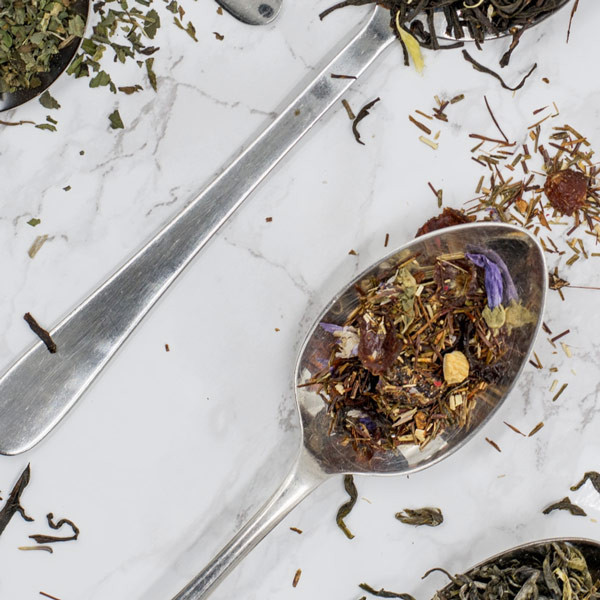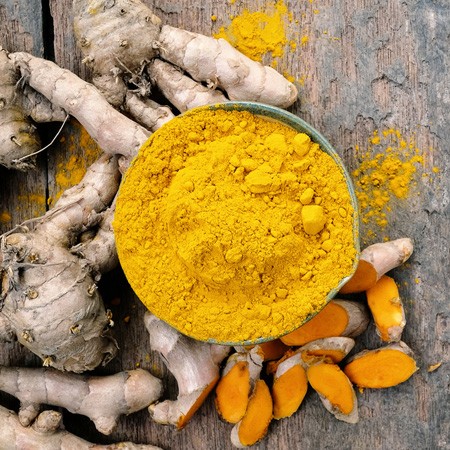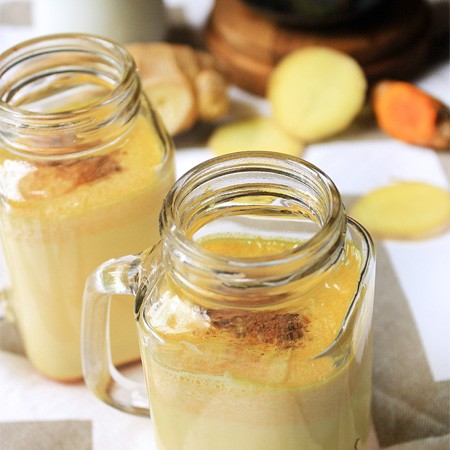Have you thought about the health effects of the type of cooking oil or fat that you use? Do you cook with butter, coconut or olive oil? Or do you go for one of the polyunsaturated oils such as safflower?
For recent studies have shown it’s true that oils ain’t oils!
Research conducted at the UK’s De Montfort University (1) — in conjunction with the BBC’s popular Trust Me I’m a Doctor (2) TV series — show the importance of these questions. In an episode of the program, volunteers were given a range of fats and oils (vegetable oil, sunflower oil, corn oil, olive oil, cold-pressed rapeseed oil, goose fat, lard and butter) to use in their cooking with the residues returned to the university for testing.
The results show how many common cooking vegetable oils are toxic when used at high temperatures.
Lead researcher Professor Martin Grootveld explained that fats and oils change their molecular structure when heated, producing chemicals called aldehydes. It is these chemicals that studies show can lead to heart disease and cancer4.
He said the team’s research found that sunflower oil and corn oil were the worst of the bunch, producing aldehydes at levels that were twenty times higher than those recommended by the World Health Organisation (WHO) (1).
“...it's a simple chemical fact that something which is thought to be healthy for us is converted into something that is very unhealthy at standard frying temperatures," said Prof. Grootveld.
The new claims overturn years of nutritional advice that oils high in polyunsaturates — such as corn oil or sunflower oil — were superior to saturated fats and alternatives such as olive or coconut oil. The evidence now appears to point in the other direction.
So what are the “healthiest” fats or oils to cook in? The program showed monounsaturated and saturated fats and oils were by far the best choice.
“Firstly, because lower levels of these toxic compounds are generated, and secondly the compounds which are formed are less threatening to the human body1,” said Prof. Grootveld. Dr Michael Mosley — the presenter of the BBC program added that “olive oil and cold-pressed rapeseed oil produced far fewer aldehydes, as did butter and goose fat,” with the reason being these were far higher in monounsaturated and saturated fats which are far more stable when heated.
David Gillespie, author and food activist is famous for alerting us to the dangers of sugar. His book Sweet Poison has been instrumental in showing us the dangers of a diet high in sugar, detailing his own experience and journey. However in his new book David tackles a broader range of health concerns. One of which is the danger of frying oils.
David pulls no punches in an article written for news.com.au (5). Confirming the DMU findings, he says the latest improvements in measurement technology confirm that vegetable oils are highly unstable when heated. However the famed food and lifestyle author points to another disturbing trend: that studies show the continuing rates of lung cancer in women who don’t smoke (3).
The theory, according to David, is that women are using toxic oils such as canola oil to fry foods. The smoke released from the oil is inhaled by women, standing close to the frying pan. This proximity is considered one of the possible causes of why lung cancer in non-smoking women is still high.
He paints a grim picture:
“The chronic disease tsunami is upon us. Every day there are thousands of teenagers standing over vats of frying canola oil for eight hour shifts at every fast food restaurant in this country. Every day, there are people cooking with high temperature seed oils in woks and frying pans. And every day there are industrial quantities of heated seed oil being poured into commercial baked and frozen foods.”
As he explains, the rise in cancers and heart disease may be linked to the fact that none of these fats were part of our food supply until recently.
So how does all these scientific findings relate to us? Weighing the claims and counterclaims can be somewhat confusing to a non-nutritionist however understanding the new research will help you to make a better choice for your family. Top of the list tested have so far been coconut oil, olive oil and butter.
More importantly, it appears the evidence is telling us to avoid those oils high in polyunsaturates such as canola, sunflower and corn.
Perhaps the best advice is from DMU’s Professor Grootveld who said the ideal compromise for our health, and that of our family, is to avoid frying as much as possible and attempt to steer clear of polyunsaturates when we buy take-away food (a large majority of fish and chips meals is likely to have been cooked in vegetable oil). Also biscuits, pastries, pies and others will very likely have been cooked with these oils.
David Gillespie’s advice is to avoid processed foods altogether, adding that most of them have been cooked with vegetable oils. He echoes the advice of Michael Pollan saying the safest way to eat is to consume real food, food that is natural and unprocessed. Where possible — he advises — cook it yourself.
Sounds like excellent advice!
- Study. Retrieved October 25, 2016, from De Montfort University, http://www.dmu.ac.uk/about-dmu/news/2015/july/dmu-research-on-healthiest-cooking-oils-revealed-on-bbcs-trust-me,-im-a-doctor.aspx
- BBC. (2016). Episode 3, series 3, trust me, I’m a doctor - which oils are best to cook with? - BBC Two. Retrieved October 25, 2016, from BBC, http://www.bbc.co.uk/programmes/articles/3t902pqt3C7nGN99hVRFc1y/which-oils-are-best-to-cook-with
- Hecht, S. S., Koh, W.-P., Wang, R., Chen, M., Carmella, S. G., Murphy, S. E., & Yuan, J.-M. (2015). Elevated levels of Mercapturic acids of Acrolein and Crotonaldehyde in the urine of Chinese women in Singapore who regularly cook at home. , 10(3), . Retrieved from https://www.ncbi.nlm.nih.gov/pmc/articles/PMC4373935/
- Esterbauer, H. (1993). Cytotoxicity and genotoxicity of lipid-oxidation products.The American journal of clinical nutrition., 57, . Retrieved from https://www.ncbi.nlm.nih.gov/pubmed/8475896
- Gillespie, D. (2016, August 8). What seed oils are really doing to your body. Retrieved October 26, 2016, from http://www.news.com.au/lifestyle/health/diet/what-seed-oils-are-really-doing-to-your-body/news-story/e3c6b89c42459afb637957036d5de10f
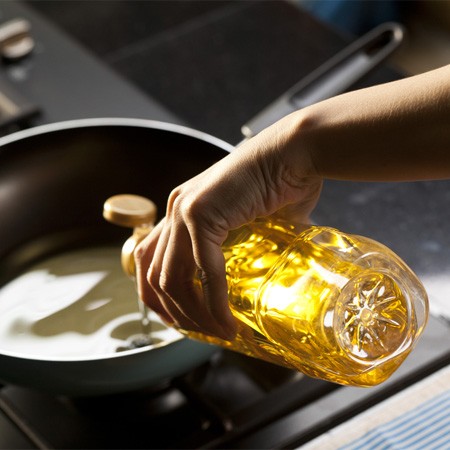
Love Health?
From recipes, trends and discounts, expect great things via email this month.
More Great Reads!
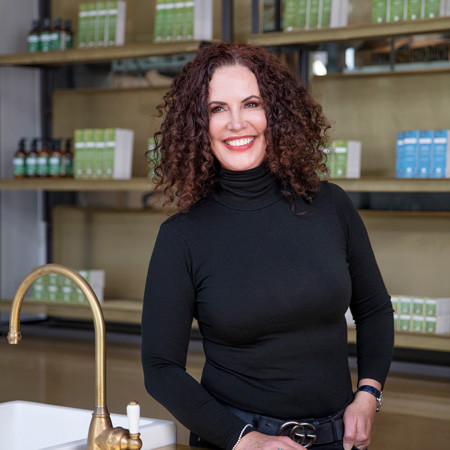
Behind The Brand: Antipodes
Recipes We Love!
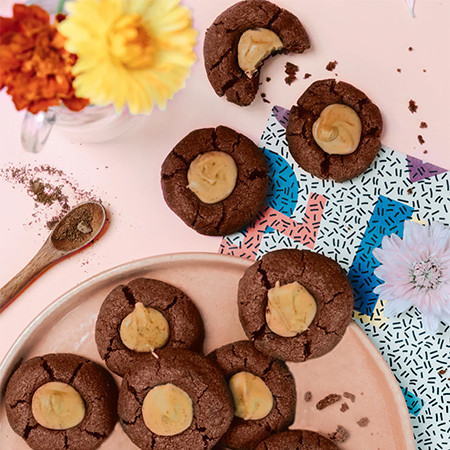
Clever Cookies







